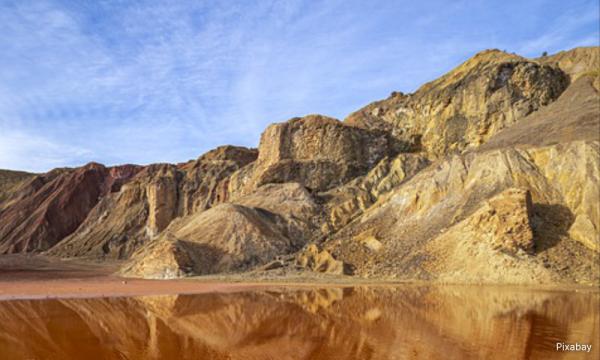
In a groundbreaking announcement, the Sarawak state government has unveiled a staggering find: mineral resources estimated to be worth RM1.25 trillion. These riches, which include gold, rare earth elements, bauxite, and other precious metals, were discovered through extensive geological surveys covering 32% of Sarawak's sprawling 12.4 million hectares.

The Auditor-General’s Report (LKAN) 2/2024 has brought to light significant delays in twelve critical water projects across rural Sarawak, collectively valued at RM888.32 million. These projects, aimed at improving water supply infrastructure in remote areas such as Sri Aman, Sibu, Mukah, Bintulu, Limbang, Sarikei, and Miri, have suffered delays ranging from five to seven years. As a result, 9,608 households have been deprived of access to clean treated water.
 Kuching, 1 July 2024 – A heated debate has erupted over the use of public funds for printing posters and billboards featuring images of ministers and politicians. Voon Lee Shan, President of Parti Bumi Kenyalang, has publicly condemned the practice, likening it to "stealing public funds" for personal gain.
Kuching, 1 July 2024 – A heated debate has erupted over the use of public funds for printing posters and billboards featuring images of ministers and politicians. Voon Lee Shan, President of Parti Bumi Kenyalang, has publicly condemned the practice, likening it to "stealing public funds" for personal gain.

A total of 88 private clinics across Sarawak have joined the Senior Citizen Health Benefit (SCHB) scheme, according to Dato Sri Fatimah Abdullah, Minister for Women, Childhood, and Community Wellbeing Development. This initiative aims to alleviate the workload and congestion at government clinics by allowing senior citizens to receive up to RM500 worth of treatment annually at these participating clinics.

Dudong assemblyman Dato Sri Tiong King Sing has strongly criticized the Sibu Water Board (SWB) for its inadequate long-term planning, which has led to frequent water supply disruptions affecting the livelihoods of Sibu residents.

Prime Minister Datuk Seri Anwar Ibrahim recently addressed the unique circumstances that led to Sabah and Sarawak being exempted from the recent diesel subsidy rationalisation. Highlighting the extensive reliance on diesel in these regions, Anwar explained that reducing subsidies was impractical compared to Peninsular Malaysia, where diesel usage is less pervasive.



